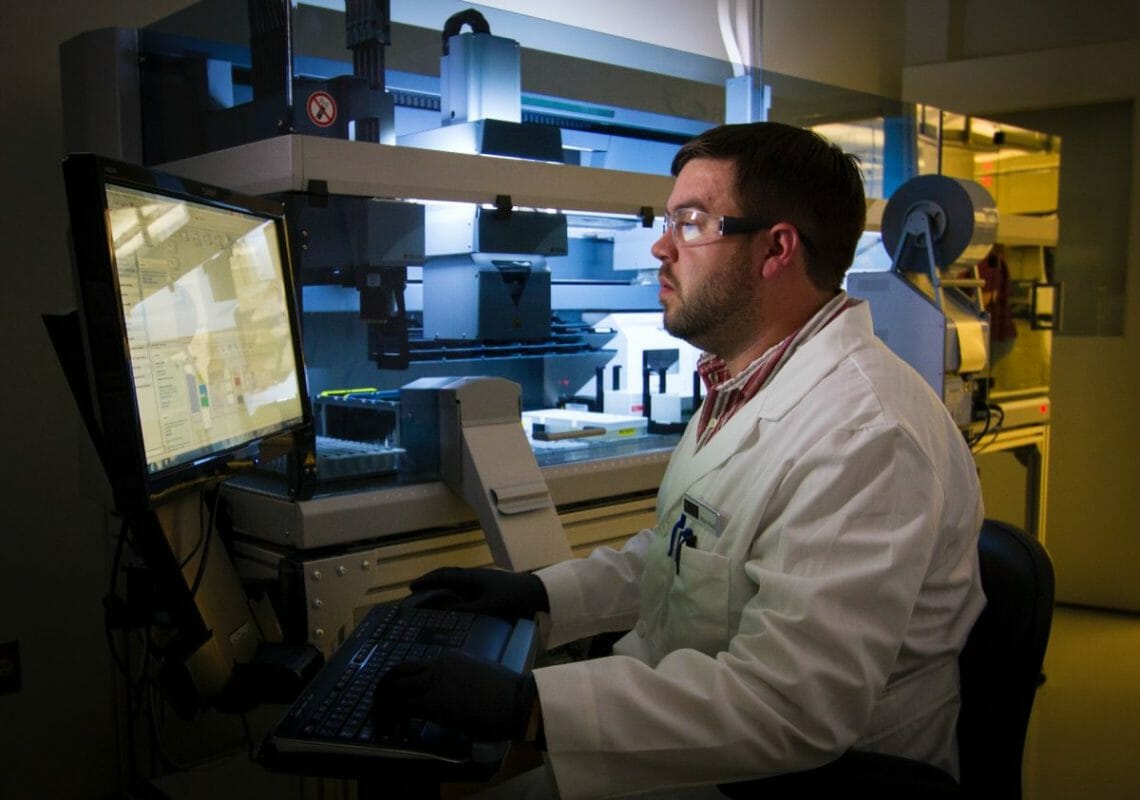Healthcare data is deeply personal and highly sought after by hackers and criminals.
We all deserve medical privacy. You should be able to trust that the details you share with a doctor are not going to end up on the internet or worse – used against you, or sold to a third party on the black market.
However, we also live in a world of interconnected systems that have their own vulnerabilities. Medical software systems and databases are designed by humans and can be hacked. Healthcare cybersecurity breaches affected 45 million people in 2021. For more information on cloud cybersecurity that can keep your data safe, check out rhinonetworks.com.
The Dangers of a Healthcare Data Security Breach
Personal medical data is comprehensive. It often includes your name, your address, a phone number, your birthday, your social security number and plenty of very personal details about your body and medical history.
This is a goldmine for criminal hackers. With so many data points to work with, medical data is some of the most valuable on the black market. Your personal information could be sold online to criminals, who attempt to use your personal data to access your bank account or other systems.
Compared with large corporations that readily invest in cybersecurity, many healthcare organizations are underfunded or overburdened and can’t invest in the latest technology. There is a wide variance between how capable hospitals, clinics, and pharmacies are of defending themselves against cyber attacks, which means there are vulnerabilities to be exploited.
Unfortunately, the risk of healthcare data being compromised is higher than it has ever been before, with the number of people whose data has been exposed climbing nearly every year, partly due to the stress that the COVID-19 pandemic put on medical systems around the world. A report from Protenus on the prevalence of cyber attacks concluded that in 2022 there were 44% more cyber attacks than the previous year.
Risk Factors and Points of Failure
Outdated and unmaintained healthcare data administration systems are low-hanging fruit for hackers, who can take advantage of known vulnerabilities to access databases while administrators aren’t paying attention. If systems are neglected and haven’t been updated in a long time, they are probably at risk.
Insecure wifi networks and poor passwords are also openings for hackers, who are practiced at taking advantage of these common weaknesses.
However, one of the biggest cybersecurity risks to healthcare data comes from inadequate employee training. If doctors, nurses, administrators and employees don’t recognize scams, leave their workstations unattended for long periods, or connect to systems from public wifi networks, they could be unknowingly opening the doors to hackers.
Proper training can close many of these human loopholes that create data breaches.
Employees should learn to recognize routine “phishing” email and malware scams, as well as to practice routine data security measures by protecting their workstations from peering eyes and making sure anything unattended is password protected.
Employers should make sure to keep a close watch on who has access to systems and to deactivate access for employees who are being terminated and might have a grievance. Protecting the network means guarding against both external and internal data security threats.
Protecting Healthcare Data
Skilled cybersecurity experts can help identify technological and human vulnerabilities so that these can be shored up and protected. This starts with assessing all of the different systems that are being used, updating them, and closing any openings that could be used to access data.
Encrypting patient data is essential when it is being transferred from one location to another, physically or virtually. Hackers love to intercept unencrypted data from weakly protected WIFI networks. If employees are working from a secondary location or files are hosted on cloud systems, it is even more important to use the highest level of encryption available.
Hackers get better every year, but so do antivirus and cybersecurity apps. Installing software that regularly checks for viruses, malware, and spyware and keeping it up to date is essential.
Installing software that monitors your systems is equally important. These programs log who is accessing files, making changes, and updating procedures. They can also detect unauthorized activities which might be suspicious but would not trigger an antivirus program.
The Importance of Healthcare Data Security Solutions
Personal medical data is valuable to hackers, and healthcare systems are uniquely vulnerable because they require so much data sharing and interconnectivity, and because the industry is a patchwork with inconsistent cybersecurity practices. This is a part of why cyber attacks on hospitals, care homes, and clinics are on the rise.
The costs of medical data breaches are catastrophic. A survey revealed that for small hospitals, the average cost of shutdown caused by a cyber attack was $47,500 per hour.
Healthcare data security solutions are essential to keep up with a criminal industry that is always looking for new weaknesses and vulnerabilities to exploit. By encrypting data, installing software to monitor systems and flag suspicious activity, and training employees to recognize phishing scams and protect their data and workspaces, these loopholes can be closed and patient data protected.
